

Laser Hair Removal
October 17, 2025

1
min. to read
Does Laser Hair Removal Work for PCOS?
If you’re shaving your chin every morning, booking constant waxes, or feeling frustrated by thick facial hair that just keeps coming back — you’re not alone.
For many women with PCOS or hormonal imbalance, unwanted hair growth (especially on the face, neck, chest, or stomach) can be one of the hardest parts to deal with. It’s not just about looks. It’s the daily reminder. The wasted time. The low confidence when the light hits your jawline.
Laser hair removal isn’t a cure for PCOS — but it can make a huge difference in how you feel day to day. Here’s an honest breakdown of how it works, what results to expect, and which myths to ignore.
Why Hormonal Hair Grows Differently
PCOS affects how your body balances hormones like testosterone and oestrogen. When testosterone levels rise, it can cause hirsutism — coarse, dark hair growing in areas where men usually grow hair (like the chin, jawline, chest, or stomach).
That’s why waxing or shaving doesn’t last long. The follicles are still being triggered by hormones underneath the skin. Laser targets the follicle itself — not the surface — which is why it helps in the long run.
How Laser Hair Removal Helps with PCOS
Laser works by sending light into the hair follicle. The pigment (melanin) in the hair absorbs the light and converts it into heat, damaging the follicle and slowing future growth.
Over several sessions, you’ll notice the hair growing back thinner, softer, and less often. It won’t fix the hormones that cause the hair — but it helps control what you see and feel every day.
Most of our PCOS clients say the biggest change isn’t just smoother skin. It’s waking up and not needing to hide or shave every morning.
What to Expect (Realistic Results)
For regular hair growth, most people need 6–8 sessions.
For hormonal hair, expect around 8–12 sessions plus maintenance every few months.
That’s because hormones can trigger new follicles even after you’ve treated the old ones. Think of laser as managing the symptom — not curing the cause.
Results last longer when:
- You stick to your session schedule (every 4–6 weeks for facial areas).
- You avoid waxing, plucking, or bleaching in between.
- You follow proper pre and post-care (we’ll cover that below).
Consistency beats quick fixes.
Common Myths (and the Truth Behind Them)
Myth 1: Laser doesn’t work if you have PCOS.
It does. But you’ll likely need more sessions and top-ups because hormones stay active. Laser helps you stay in control.
Myth 2: After six sessions, the hair never comes back.
Hormonal hair can return — usually finer and lighter. Maintenance keeps it under control.
Myth 3: You can’t do laser while on medication.
Most hormonal meds like the pill or metformin are fine. Just let your therapist know before starting so they can adjust settings if needed.
Myth 4: Laser is unsafe on dark skin.
Modern diode lasers (like Soprano Titanium) are safe for all skin tones when used by trained professionals. The key is correct wavelength and cooling technology.
Myth 5: Laser makes hair thicker before it goes away.
Not exactly. Some early regrowth can feel thicker because multiple follicles are waking up in sync. It evens out as sessions progress.
Myth 6: Laser can cure PCOS.
It can’t. Laser manages the hair growth caused by PCOS — not the hormone imbalance itself.
Safety & Skin Tone
If you’ve got darker skin, you might have been told laser isn’t safe. That’s outdated advice.
The Soprano Titanium system we use combines three wavelengths (755, 810, and 1064 nm), making it suitable for all skin tones, including melanin-rich ones.
Patch testing is essential. We test how your skin reacts before the full session so settings can be adjusted safely.
Pre-Care & Aftercare
Before your session:
- Shave 24 hours before.
- Avoid waxing, threading, or plucking 3–4 weeks prior.
- Skip fake tan and sun exposure for at least 2 weeks.
- Pause strong actives or retinoids on the treatment area.
After your session:
- Apply aloe vera or a cooling gel.
- Avoid heat, saunas, and workouts for 48–72 hours.
- Use SPF 50 daily (especially for face and neck).
- Keep skincare gentle and fragrance-free for a few days.
These simple steps protect your skin and help the results last longer.
Pregnancy & Hormonal Changes
Laser isn’t performed during pregnancy. It’s not because it’s unsafe — there’s just limited research.
Hormones during and after pregnancy can temporarily increase hair growth, especially for women with PCOS.
Once hormones stabilise, laser can resume safely.
Emotional Side: The Real Win
For women dealing with hormonal hair, this isn’t about vanity — it’s about relief.
Laser gives back time, confidence, and normal mornings. You stop avoiding mirrors. You stop worrying about a shadow under bright light.
It’s not “empowerment.” It’s just comfort. And that’s enough.
Who Should Wait or Avoid Laser
- If you’re pregnant or breastfeeding
- If you’re on photosensitising medication (like isotretinoin)
- If you have open wounds, active acne, or skin infection on the area
Always patch test first and share your full medical history.
Laser Me Out’s Approach
At Laser Me Out, every client starts with a consultation and patch test.
We take your full medical history, discuss your hormonal background, and design a plan that fits your skin and lifestyle.
Our Soprano Titanium technology allows safe treatment for all skin tones — from fair to dark — with minimal discomfort.
We’re also developing a dedicated PCOS treatment plan for clients who need ongoing care and maintenance.
FAQs
Does laser work on chin hair from PCOS?
Yes. It significantly reduces regrowth and thickness, though top-ups may be needed.
How often will I need top-ups?
Every 3–6 months, depending on hormone activity and area treated.
Can I do laser if I’m on birth control or metformin?
Yes, but always mention it during your consultation.
Will the hair come back thicker?
No. It usually grows back finer or patchier, if at all.
Is it painful?
You’ll feel warmth or mild flicks — not pain. The cooling technology keeps it comfortable.
The Bottom Line
Laser hair removal won’t cure PCOS, but it can make living with it easier.
It saves time, reduces irritation, and lets you feel in control of your skin again.
Book a consultation and patch test at our London (Marylebone) or upcoming Birmingham clinic.
We’ll assess your skin, your hair, and your hormonal background to plan what really works for you — long term.
share
interesting article on the same topic

contact us
let´s talk hair. dm us today.
We’re obsessed with fuzz-free living and love to share our knowledge and expertise. Don’t be shy! Ask us anything.
London´s prime location
Laser all day baby - hours that work for you! Situated at 146 MARYLEBONE Rd., London NW1 5PH
MON
9.00 - 21.00
TUE
9.00 - 21.00
WED
9.00 - 21.00
THU
9.00 - 21.00
FRI
9.00 - 21.00
SAT
9.00 - 21.00
SUN
9.00 - 21.00
Birmingham´s prime location
Laser all day baby - hours that work for you! Situated at 271 Hagley Rd, Birmingham B16 9NB
MON
9.00 - 21.00
TUE
9.00 - 21.00
SAT
9.00 - 21.00



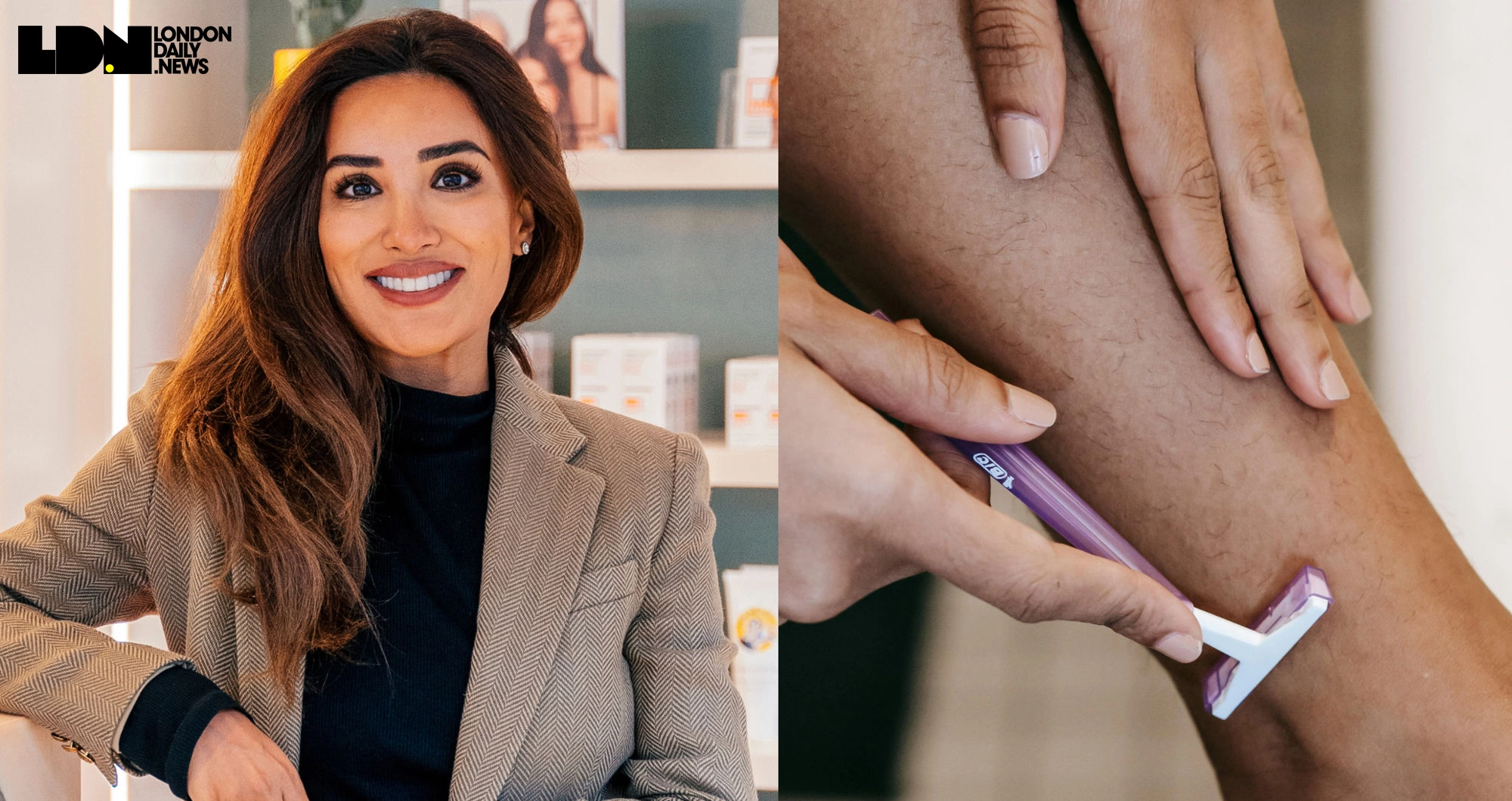

.webp)
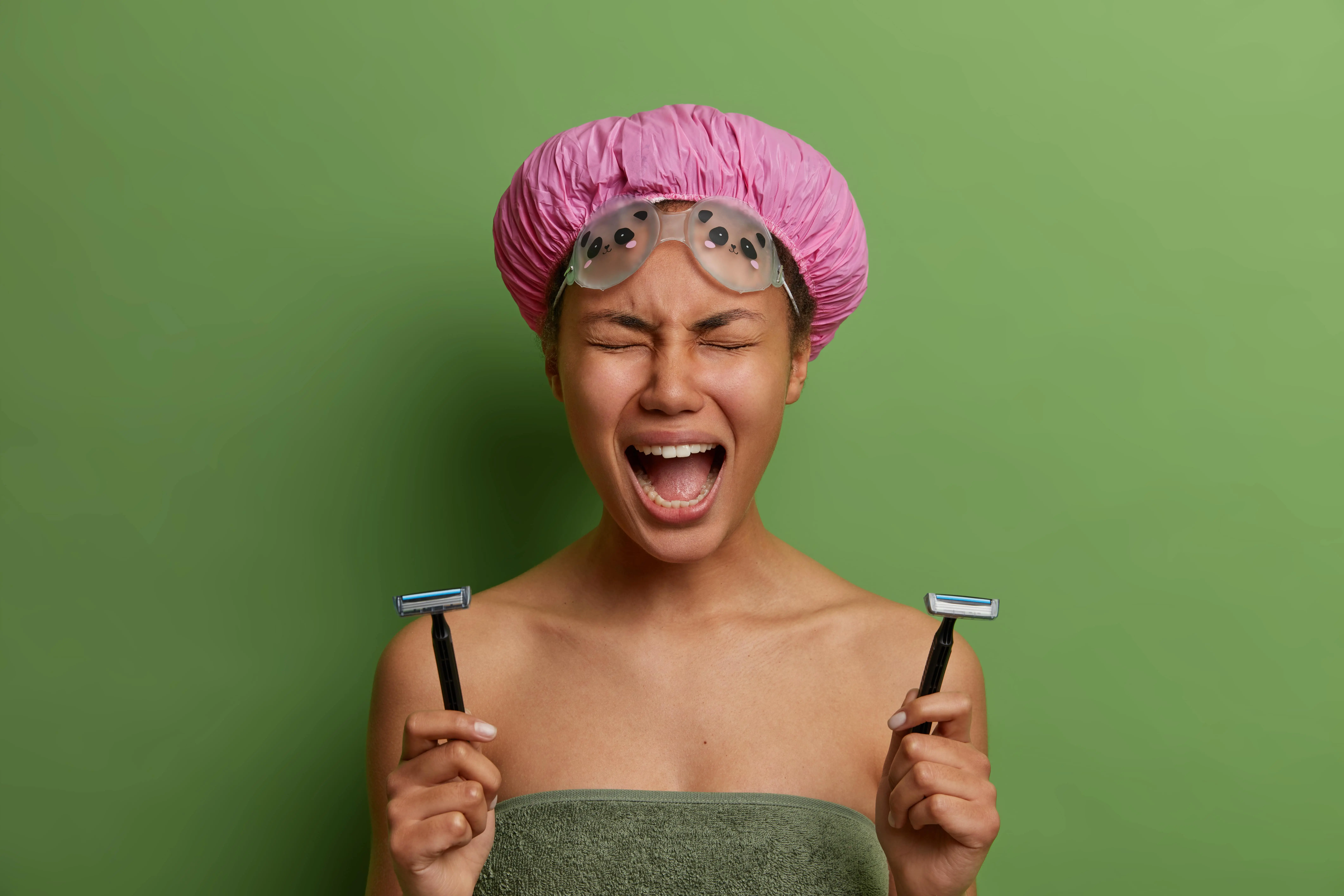
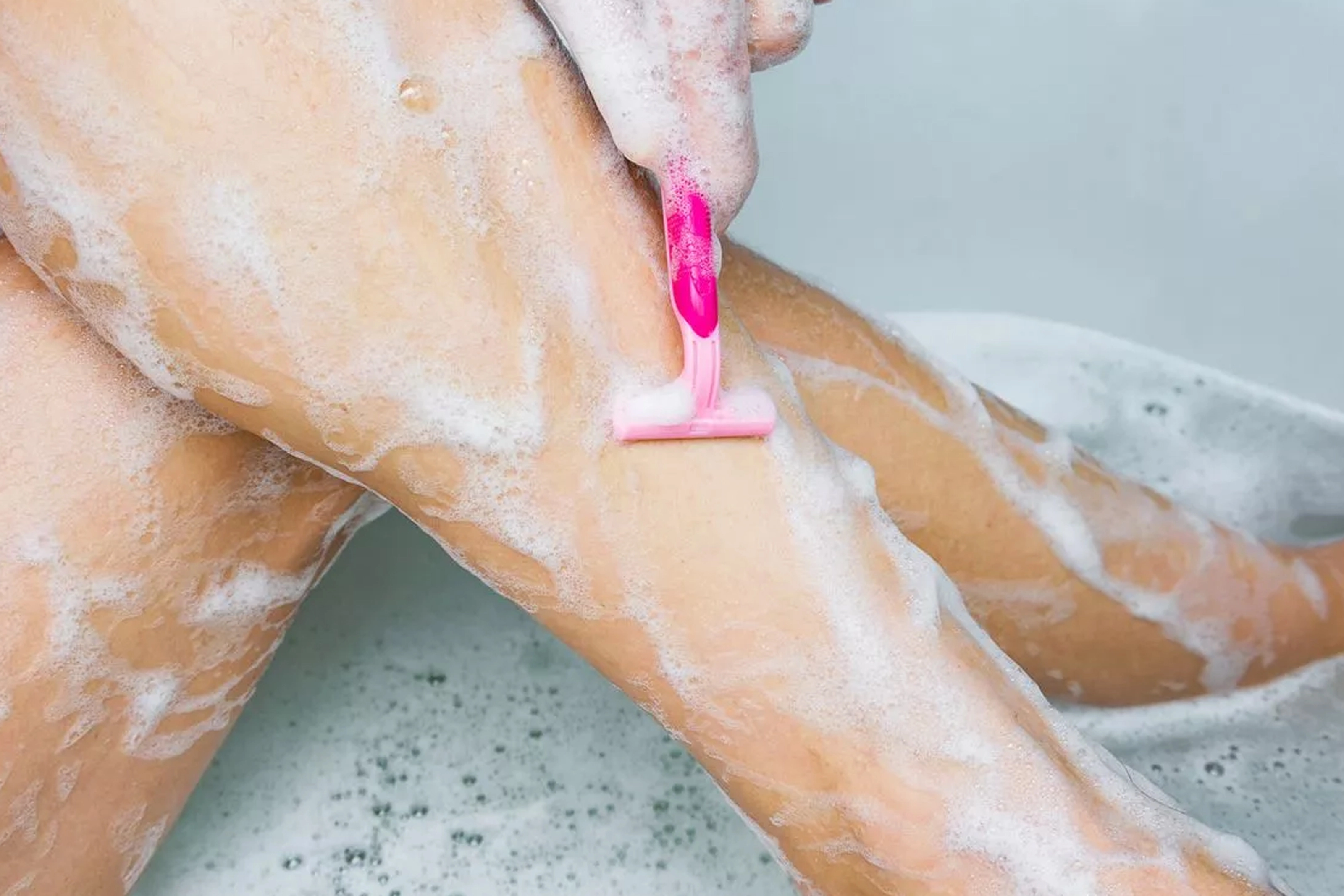

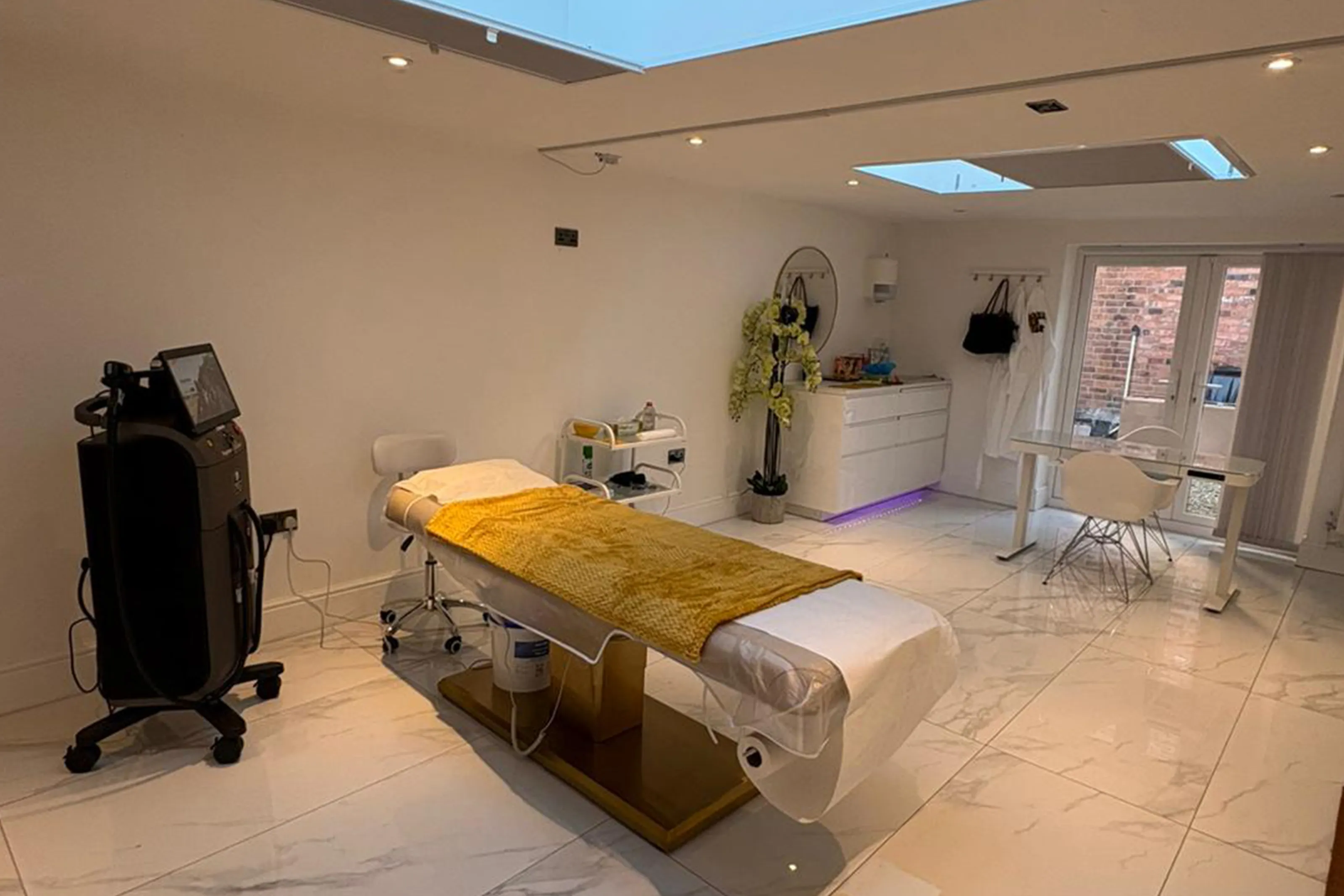







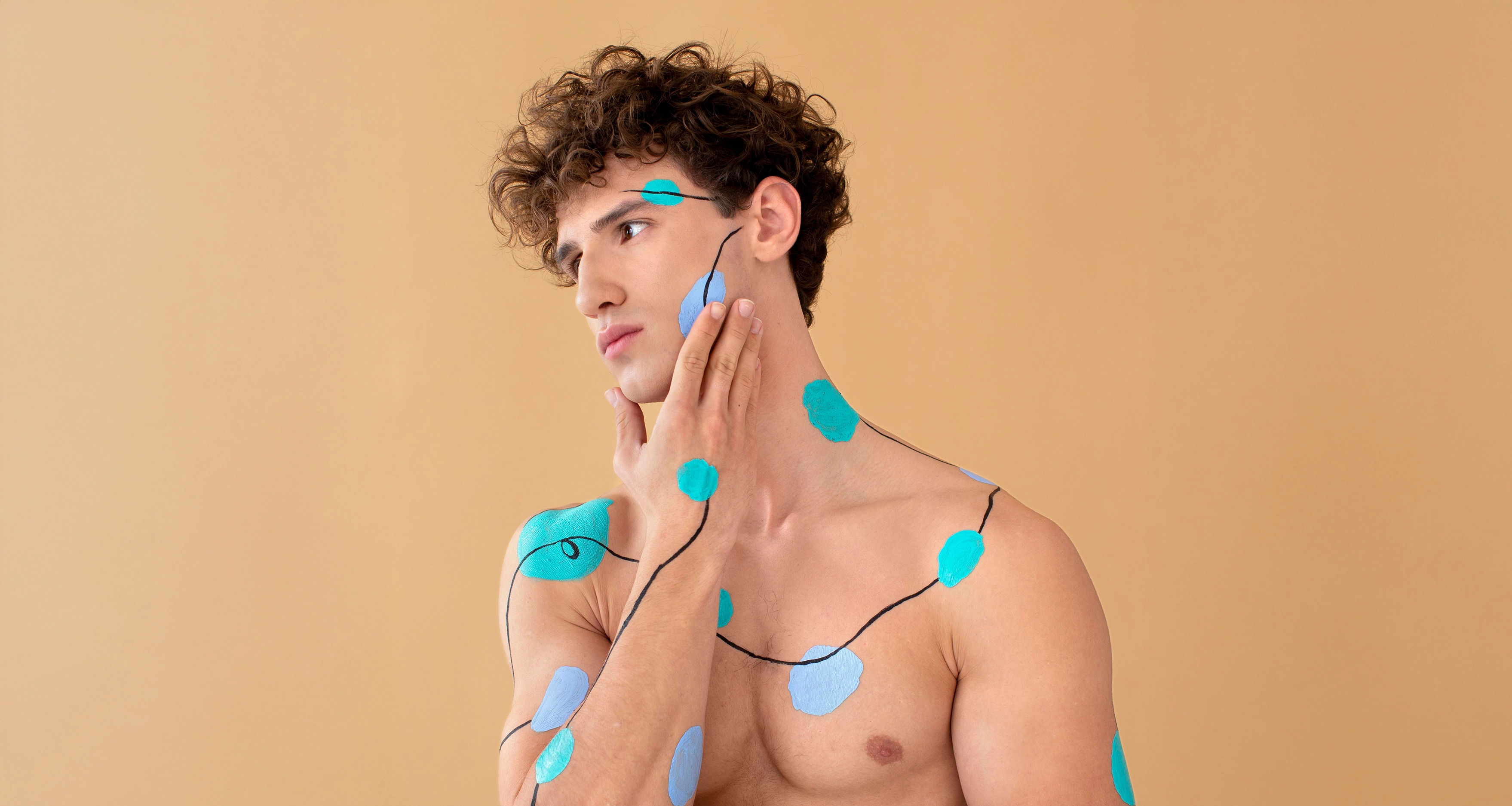

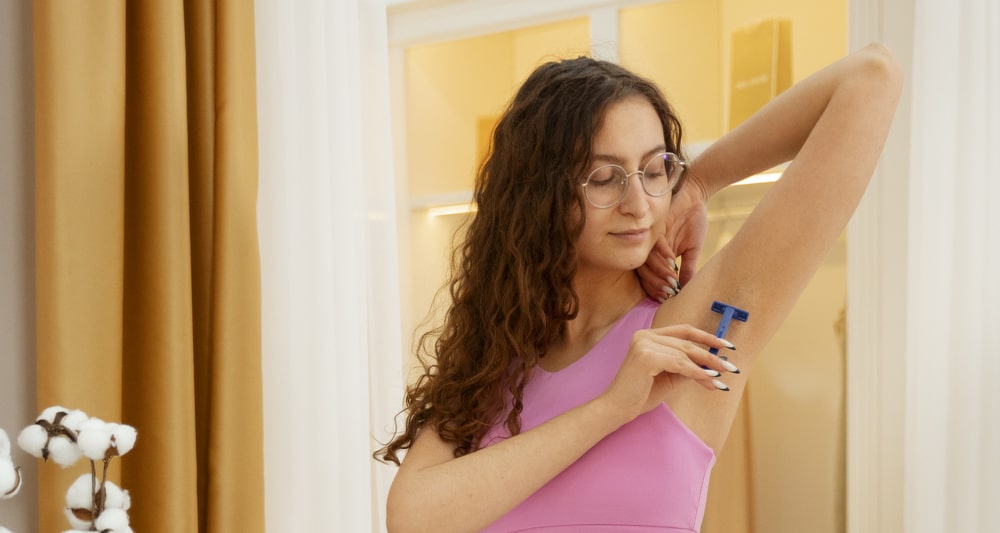

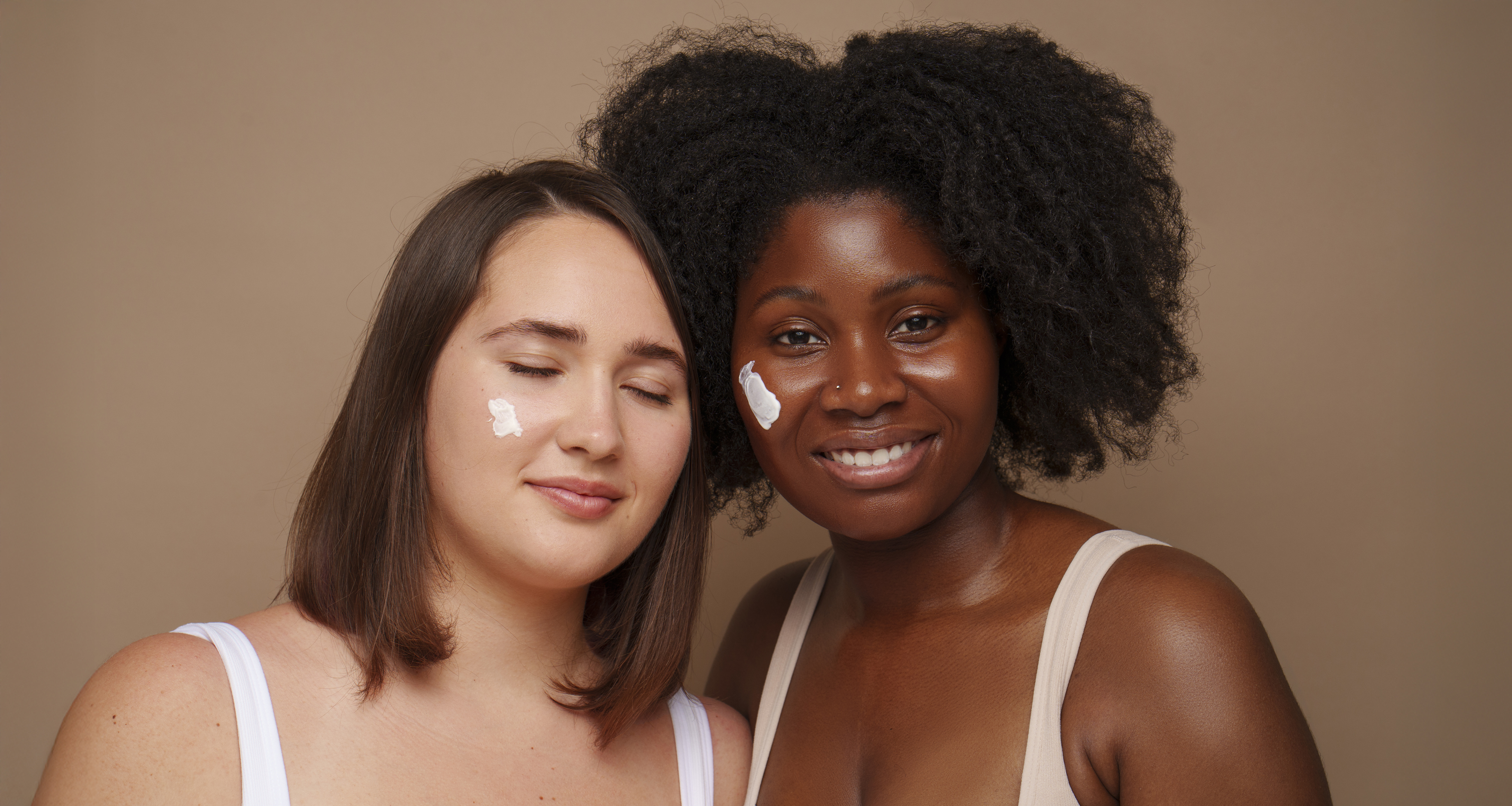











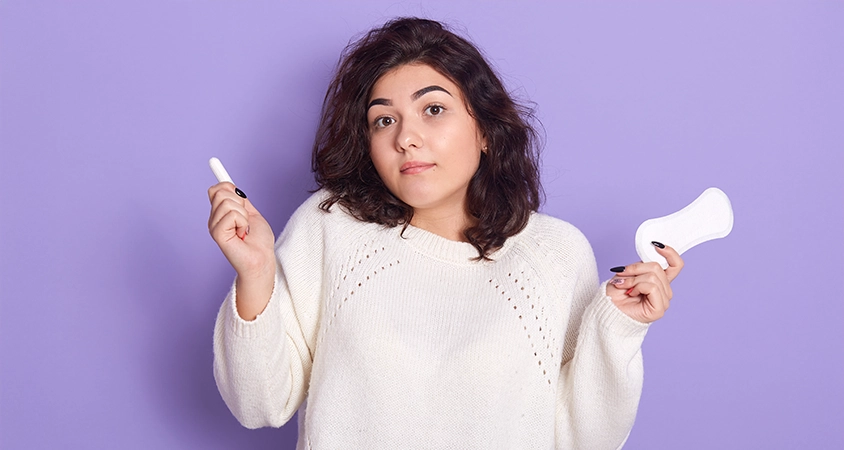





.webp)


















